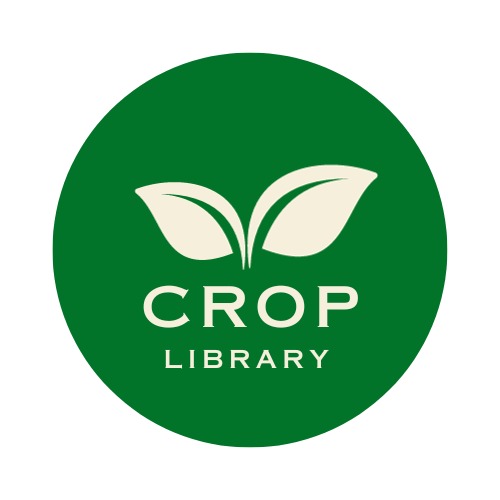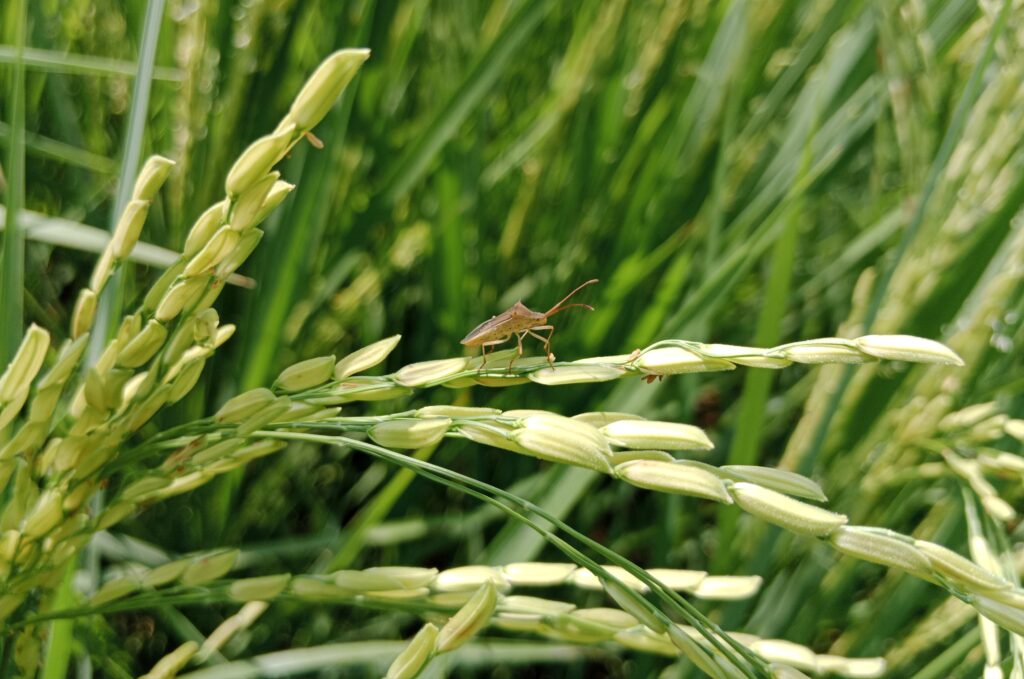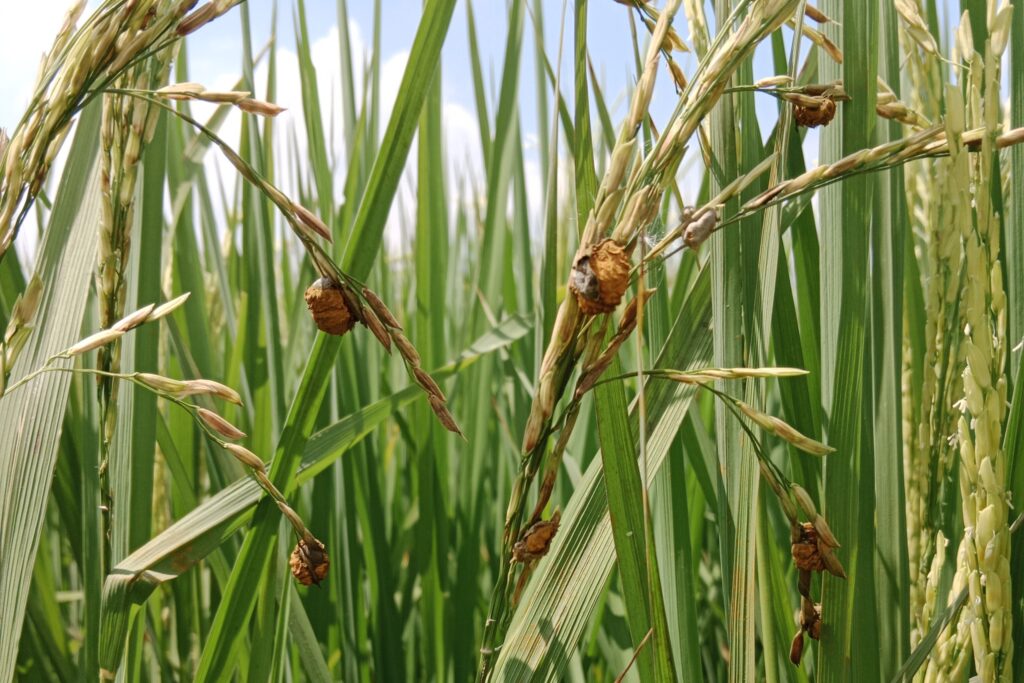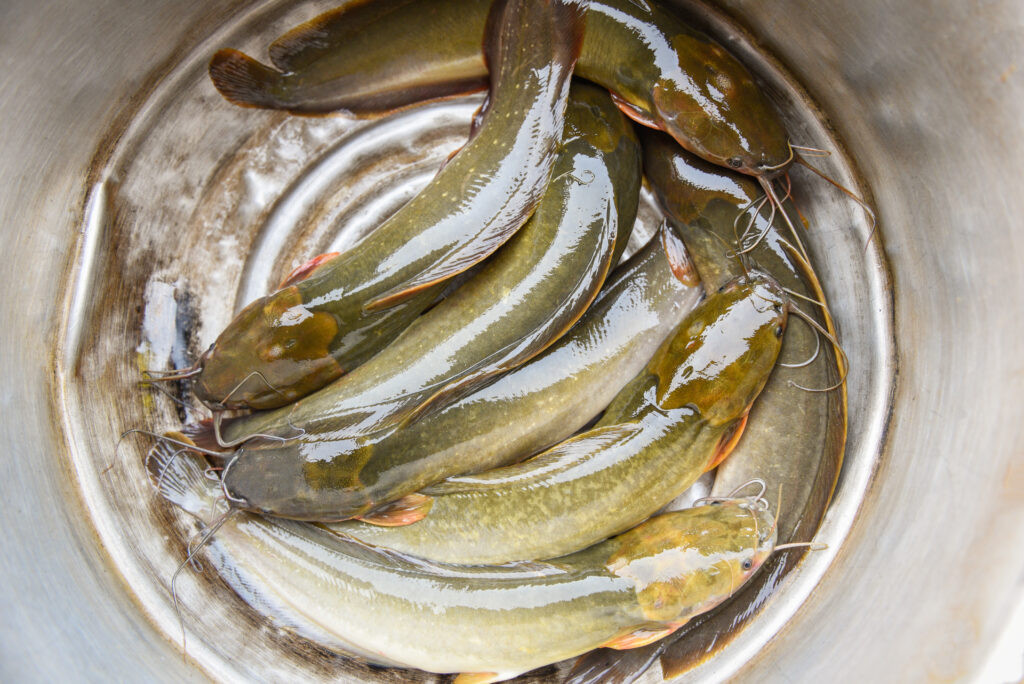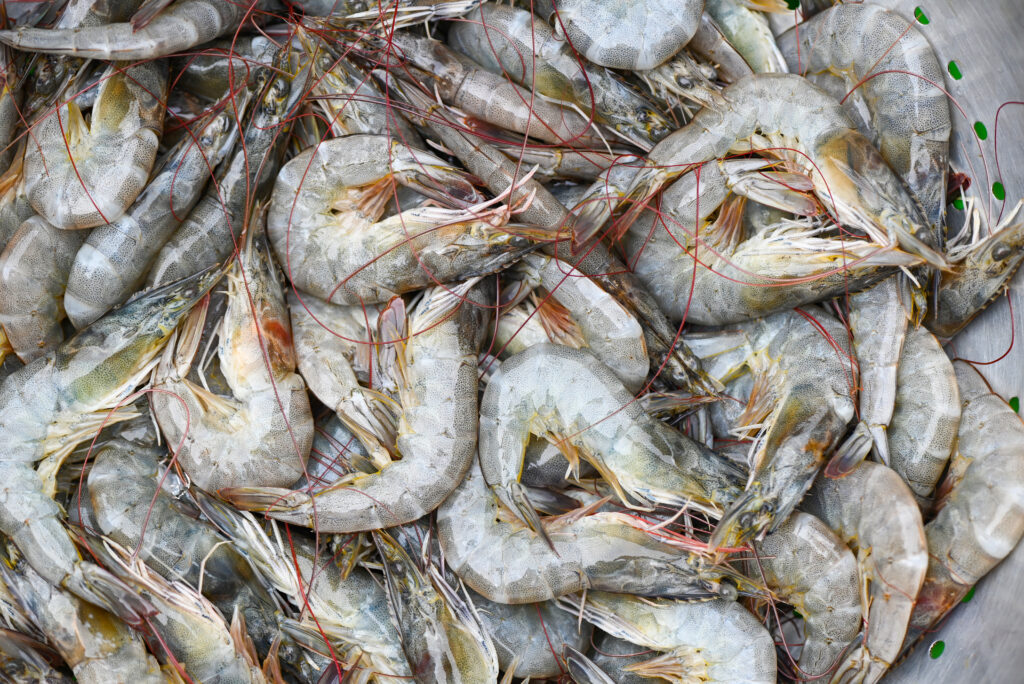10 Astounding Major insect pest of rice in India
Major insect pest of rice in India Yellow Stem Borers Rice stem borers are among the most destructive insect pests of rice, causing 10–30% yield loss under normal infestation and up to 60% or more during severe outbreaks. Damage is more serious when infestation occurs at early crop stages. Caused by Yellow stem borer caused […]
10 Astounding Major insect pest of rice in India Read Post »
